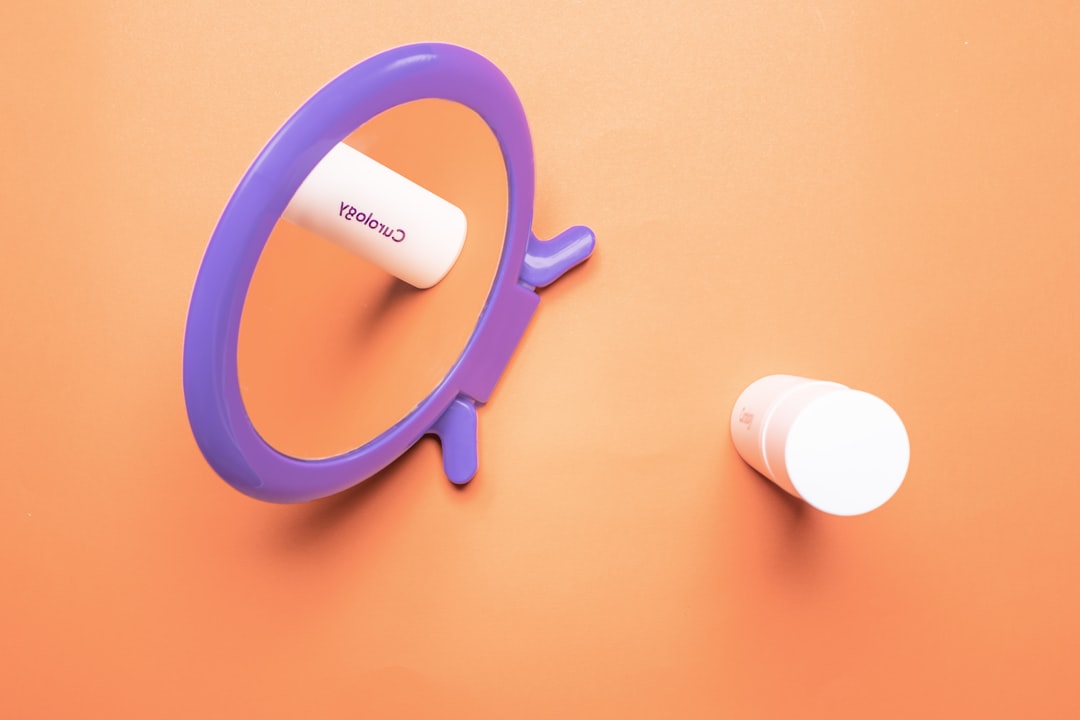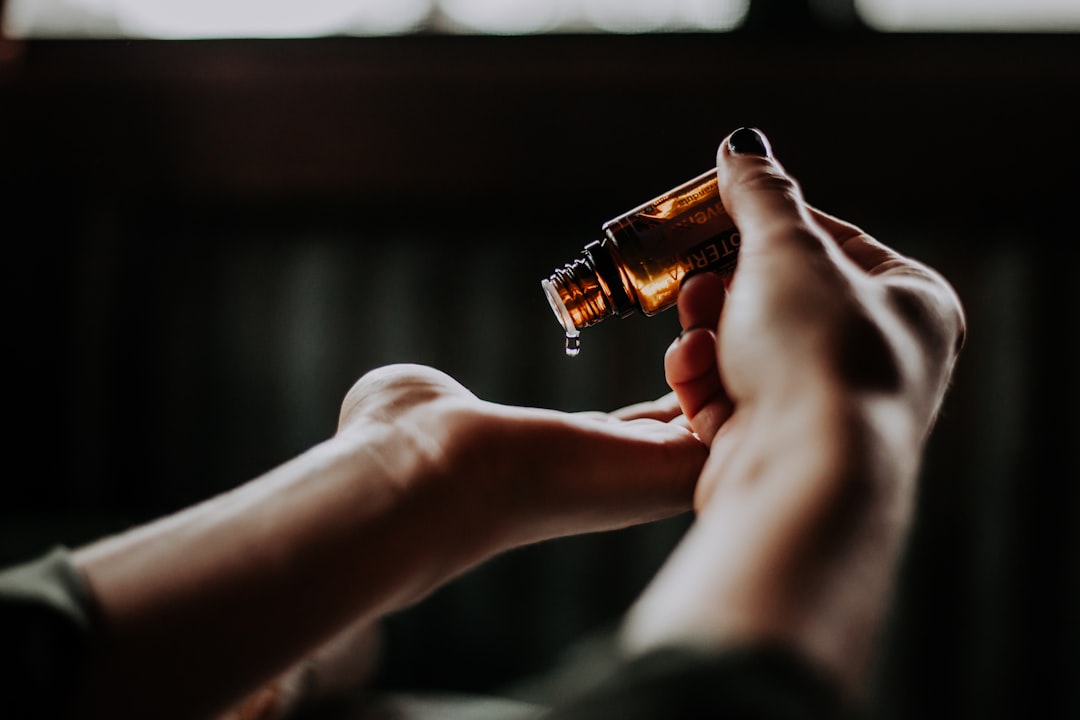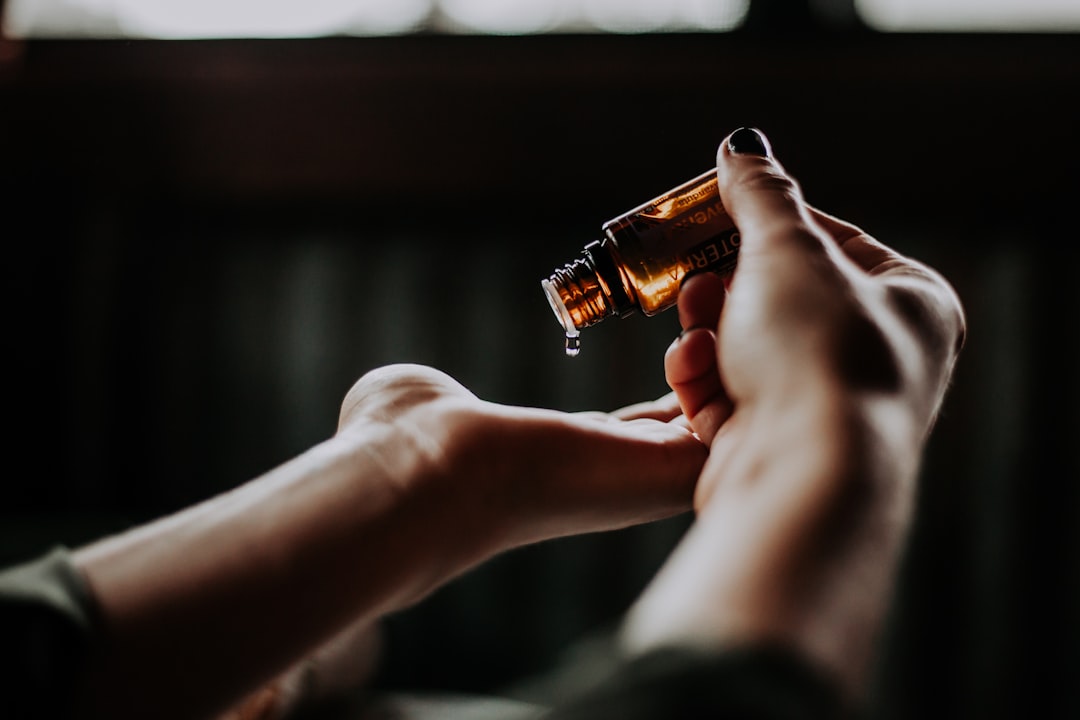Moisturizer is an essential part of any skincare routine, regardless of your skin type. It helps to keep the skin hydrated, soft, and supple, and can also provide a protective barrier against environmental factors such as pollution and UV rays. Properly moisturized skin is less prone to irritation, redness, and flakiness, and can also help to reduce the appearance of fine lines and wrinkles. In addition, using a moisturizer regularly can help to balance the skin’s natural oil production, preventing it from becoming too dry or too oily.
Furthermore, moisturizer can also help to improve the overall health of your skin. When the skin is well-hydrated, it is better able to repair and regenerate itself, leading to a more youthful and radiant complexion. In fact, studies have shown that using a moisturizer regularly can help to improve the skin’s barrier function, making it more resilient and better able to protect itself from external aggressors. Overall, incorporating a moisturizer into your daily skincare routine is crucial for maintaining healthy, glowing skin.
Summary
- Moisturizer is essential for maintaining healthy, hydrated skin and preventing dryness and irritation
- There are various types of moisturizers, including creams, lotions, gels, and serums, each with different textures and benefits
- It’s important to choose a moisturizer that suits your skin type, whether it’s dry, oily, combination, or sensitive
- Applying moisturizer to damp skin can help lock in moisture and provide maximum hydration
- Common ingredients in moisturizers, such as hyaluronic acid, glycerin, and ceramides, offer different benefits for the skin, such as hydration, soothing, and barrier repair
Different Types of Moisturizers
There are several different types of moisturizers available on the market, each designed to address specific skincare concerns. For example, there are lightweight, oil-free moisturizers that are ideal for those with oily or acne-prone skin. These formulas are designed to provide hydration without clogging pores or adding excess shine to the skin. On the other hand, there are also rich, emollient moisturizers that are perfect for those with dry or mature skin. These formulas are often packed with nourishing ingredients such as shea butter and ceramides to provide intense hydration and help repair the skin’s moisture barrier.
In addition to traditional creams and lotions, there are also gel-based moisturizers that are lightweight and fast-absorbing, making them perfect for those with combination or sensitive skin. These formulas are often water-based and can provide a refreshing burst of hydration without feeling heavy or greasy on the skin. Furthermore, there are also moisturizing serums and oils that are designed to deliver potent doses of hydration and nourishment to the skin. These products are often formulated with concentrated active ingredients such as hyaluronic acid and vitamin C, making them ideal for targeting specific skincare concerns such as dullness or uneven texture. With such a wide variety of moisturizers available, it’s important to choose a formula that is best suited to your individual skin type and concerns.
Choosing the Right Moisturizer for Your Skin Type
When it comes to choosing the right moisturizer for your skin type, it’s important to consider your specific needs and concerns. For those with oily or acne-prone skin, look for lightweight, oil-free formulas that won’t clog pores or contribute to excess shine. Ingredients such as salicylic acid or niacinamide can also help to regulate oil production and keep breakouts at bay. On the other hand, if you have dry or mature skin, opt for richer, more emollient formulas that contain ingredients like hyaluronic acid and glycerin to provide intense hydration and help plump up fine lines and wrinkles.
For those with sensitive skin, it’s best to choose a moisturizer that is free from potential irritants such as fragrance and essential oils. Look for gentle, soothing ingredients like aloe vera and chamomile to help calm redness and inflammation. If you have combination skin, consider using a lightweight gel-based moisturizer that can provide hydration without exacerbating oiliness in the T-zone. Ultimately, the key is to choose a moisturizer that addresses your specific skincare concerns while also being compatible with your skin type.
How to Apply Moisturizer for Maximum Benefits
Applying moisturizer may seem like a simple step in your skincare routine, but there are certain techniques that can help you get the most out of your product. Firstly, it’s important to apply moisturizer to clean skin, so make sure to cleanse your face thoroughly before applying your moisturizer. This will ensure that the product can penetrate the skin effectively and deliver maximum hydration.
When applying moisturizer, use gentle upward strokes to massage the product into your skin. This can help to improve circulation and promote lymphatic drainage, which can reduce puffiness and give your complexion a healthy glow. Additionally, don’t forget to apply moisturizer to your neck and décolletage as well, as these areas can also benefit from hydration and nourishment.
It’s also important to give your moisturizer enough time to absorb into the skin before applying any makeup or sunscreen. This will ensure that the product can work effectively and provide a smooth base for any additional products. Finally, don’t forget to apply moisturizer both in the morning and at night to keep your skin hydrated around the clock.
Common Ingredients in Moisturizers and Their Benefits
Moisturizers contain a wide range of ingredients that work together to hydrate and nourish the skin. Some common ingredients found in moisturizers include:
– Hyaluronic acid: This powerful humectant can hold up to 1000 times its weight in water, making it an incredibly effective hydrating ingredient. It helps to plump up the skin and reduce the appearance of fine lines and wrinkles.
– Glycerin: Glycerin is a natural humectant that helps to attract moisture to the skin, keeping it hydrated and supple. It also helps to strengthen the skin’s moisture barrier, preventing water loss and protecting against environmental aggressors.
– Ceramides: These lipid molecules help to form a protective barrier on the skin’s surface, preventing moisture loss and keeping the skin soft and smooth. They are particularly beneficial for those with dry or sensitive skin.
– Aloe vera: Known for its soothing and anti-inflammatory properties, aloe vera can help to calm redness and irritation while providing lightweight hydration.
– Vitamin E: This antioxidant vitamin helps to protect the skin from free radical damage caused by environmental stressors such as pollution and UV rays. It also has anti-inflammatory properties that can help to calm and nourish the skin.
These are just a few examples of the many beneficial ingredients found in moisturizers. When choosing a moisturizer, it’s important to consider which ingredients will best address your specific skincare concerns.
Tips for Using Moisturizer in Your Skincare Routine

Incorporating moisturizer into your skincare routine is essential for maintaining healthy, hydrated skin. Here are some tips for getting the most out of your moisturizer:
– Use a separate moisturizer for your face and body: The skin on your face is different from the rest of your body, so it’s important to use a dedicated facial moisturizer that is formulated specifically for the delicate facial skin.
– Layer your products: If you have specific skincare concerns such as dryness or ageing, consider layering a serum or facial oil underneath your moisturizer to provide an extra boost of hydration and nourishment.
– Don’t forget about SPF: If you’re using a daytime moisturizer, make sure it contains SPF to protect your skin from harmful UV rays. Sunscreen is crucial for preventing premature ageing and protecting against skin cancer.
– Adjust your routine seasonally: Your skin’s needs can change with the seasons, so consider using a lighter formula in the summer months and a richer formula in the winter months to accommodate changes in humidity and temperature.
– Be consistent: Using moisturizer regularly is key for maintaining healthy, hydrated skin. Make sure to apply it both in the morning and at night as part of your daily skincare routine.
By following these tips, you can ensure that you’re getting the most out of your moisturizer and keeping your skin looking its best.
FAQs About Moisturizer
Q: Can I skip moisturizer if I have oily skin?
A: No, even oily skin needs hydration. Look for lightweight, oil-free formulas that won’t clog pores or contribute to excess shine.
Q: Can I use body lotion on my face?
A: It’s best to use a dedicated facial moisturizer as body lotions may be too heavy or contain ingredients that could clog facial pores.
Q: How often should I apply moisturizer?
A: It’s best to apply moisturizer both in the morning and at night as part of your daily skincare routine.
Q: Can I mix my moisturizer with other skincare products?
A: It’s generally best to apply products in order from thinnest to thickest consistency. You can layer serums or facial oils underneath your moisturizer for added benefits.
Q: Can I use the same moisturizer year-round?
A: Your skin’s needs can change with the seasons, so consider using a lighter formula in the summer months and a richer formula in the winter months to accommodate changes in humidity and temperature.
In conclusion, incorporating a moisturizer into your daily skincare routine is crucial for maintaining healthy, hydrated skin. By choosing a formula that is best suited to your individual skin type and concerns, applying it correctly for maximum benefits, and being consistent with its use, you can ensure that your skin remains soft, supple, and radiant. With so many different types of moisturizers available on the market containing various beneficial ingredients, there is certainly a perfect match out there for everyone’s unique skincare needs.
Certainly! Here’s the paragraph with the tag included:
If you’re looking to enhance your skincare routine beyond just moisturizing, you might find the article “Understanding Your Skin Type: A Guide to Personalized Skincare” on BestSkincareProducts.eu particularly insightful. This comprehensive guide delves into the importance of tailoring your skincare regimen to your specific skin type, helping you achieve optimal results. Additionally, if you’re preparing for the winter season, “The Best Skincare Products for Winter” article offers valuable recommendations to keep your skin nourished and protected during the colder months. And for those interested in exploring the benefits of specific skincare ingredients, “Unveiling the Power of Niacinamide: A Deep Dive into Its Skin-Boosting Benefits” provides a detailed exploration of this powerful compound and its potential impact on your skin.
FAQs
What is a moisturizer?
A moisturizer is a skincare product designed to hydrate and nourish the skin. It helps to prevent dryness, maintain the skin’s natural moisture balance, and protect the skin from environmental damage.
Why is moisturizer important for the skin?
Moisturizer is important for the skin as it helps to keep the skin hydrated, soft, and supple. It also helps to maintain the skin’s barrier function, protecting it from external irritants and pollutants.
What are the different types of moisturizers?
There are various types of moisturizers available, including creams, lotions, gels, and ointments. Each type has a different consistency and is suitable for different skin types and needs.
How often should moisturizer be used?
Moisturizer should be used daily, ideally after cleansing the skin. It can be applied in the morning and evening, or as needed throughout the day to keep the skin hydrated.
What ingredients should I look for in a moisturizer?
When choosing a moisturizer, it’s important to look for ingredients such as hyaluronic acid, glycerin, ceramides, and natural oils like jojoba or argan oil. These ingredients help to hydrate and nourish the skin.
Can moisturizer be used on all skin types?
Yes, moisturizer can be used on all skin types, including dry, oily, combination, and sensitive skin. However, it’s important to choose a moisturizer that is suitable for your specific skin type to avoid any potential irritation or adverse reactions.




